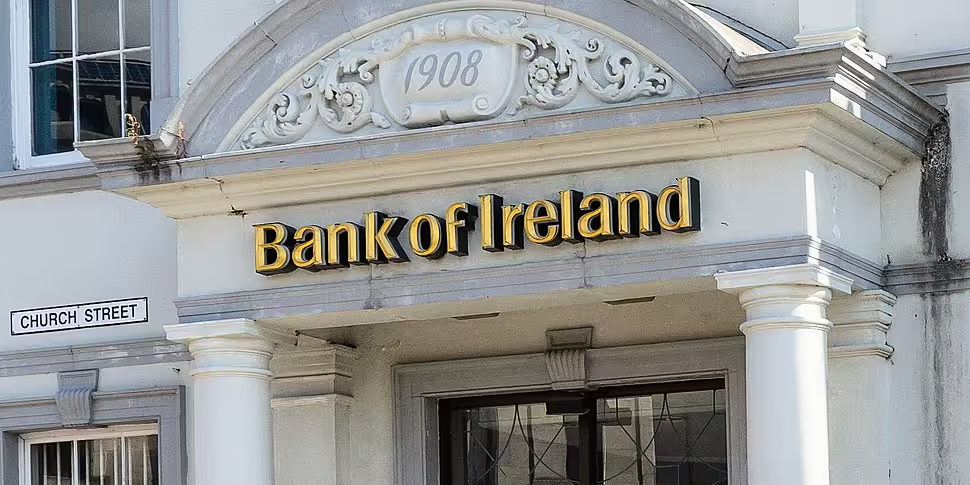Inflation will drop to 2.5% this year, down from 6.3% last year, according to a Bank of Ireland (BOI) projection.
The bank published its 2024 Ireland Outlook today, predicting a fall in inflation but a rise in consumer spending.
According to the report, the Consumer Price Index (CPI) is set to average 2.5% this year, down from 6.3% last year.
BOI said this 3.8% average drop was helped by domestic energy providers cutting priced and the ongoing impact on interest rate hikes.
It noted core inflation, such as energy spending, ran higher (5.9%) in December than headline inflation, with the changes in energy prices now helping to keep inflation down rather than up.
The report also projected consumer spending would rise by 2.9% in 2024 as pay growth exceeds CPI inflation.
Economy slow to grow
BOI also reported the Irish economy is set to grow by 1.5% this year, revised down from the last projections.
Chief Economist Conall Mac Coille said the impact of falling GDP in 2023 will “reverberate” in 2024.
“However, with inflation falling back and real incomes growing, consumer spending should continue to expand while continued house building should underpin domestic investment growth,” he said.
“We saw a poor GDP performance in 2023 where the economy contracted by 1.9%, driven mainly by specific issues in the multinational export sector, however this does not reflect a long-term trend.”
Employment and housing
The BOI outlook report also projected the unemployment rate to remain close to 4.5% but could potentially rise if labour force grows more rapidly due to inward migration.
A skills and labour shortage could also drive wage growth by up to 4.2%, as “labour shortages are now the most pressing issue that could hold back growth in the Irish economy”, according to BOI.
Bank of Ireland noted that the “breakneck pace of jobs growth seen in recent quarters is unlikely to continue”, as it forecasts employment to grow 1.6 per cent this year, less than half the 3.8 per cent seen in 2023.
House price inflation is likely to remain in low single-digit territory in 2024 due to lack of supply, already evident in MyHome asking price inflation at 4%.









